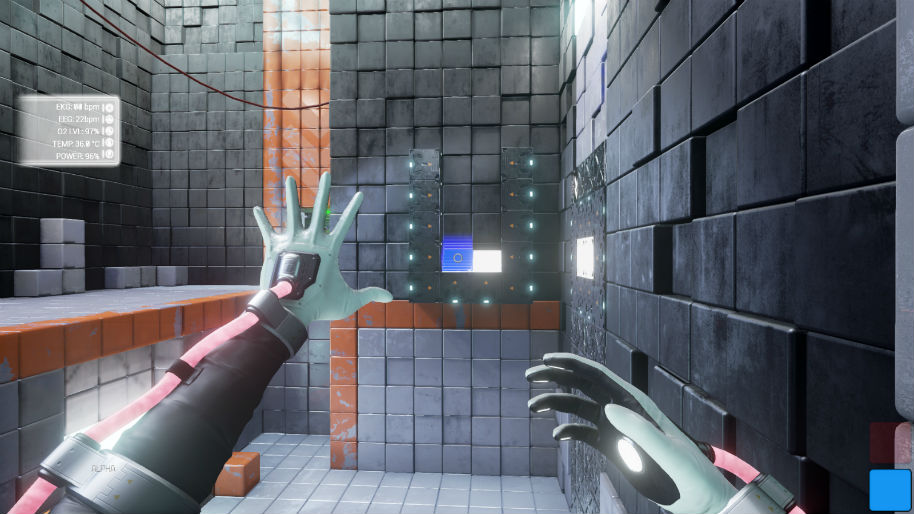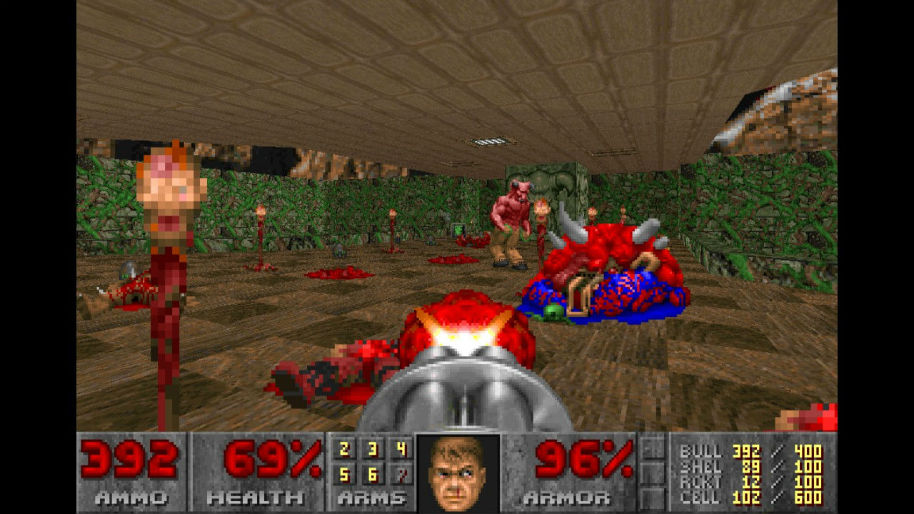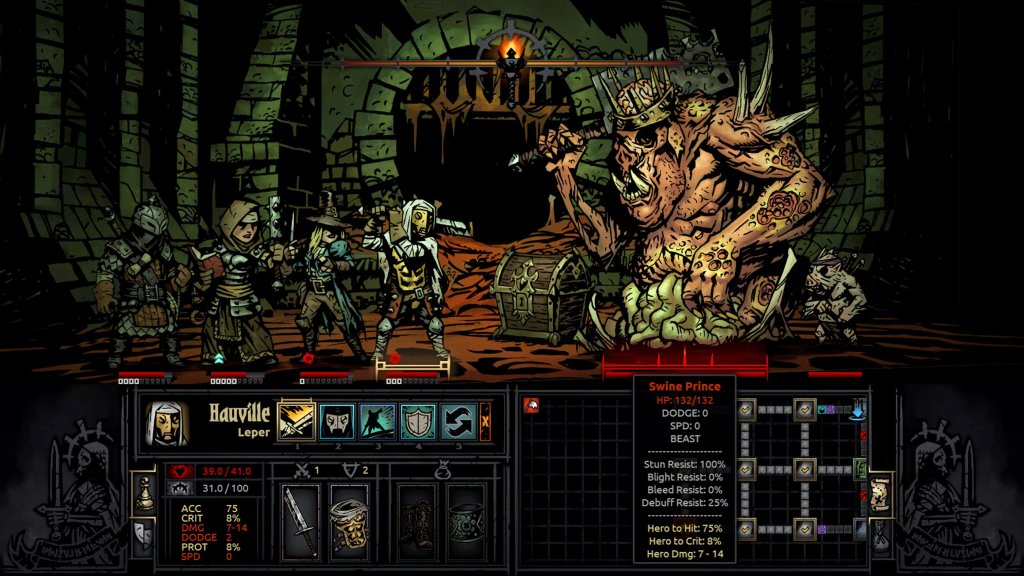You are walking to your next challenge. It will be complicated and test your abilities as a gamer. But in this first-person game, you are not shooting bullets, you are creating cubes. And you are not beating enemies. You are beating puzzles.
“I think first-person is such a beautiful perspective to explore a world in. As much I like a good shooter, I think it’s an underused perspective to explore new game-types and experiences for players. The play doesn’t have to involve shooting each other to be fun; puzzles, exploration, and unique ways to interact are all possibilities,” says Benjamin Hill, the Creative Director of Q.U.B.E. 2.

Q.U.B.E. 2 is a first-person game that completely embraces the fact that it is weird. You are a character exploring an alien ship. You are using your mind and reflexes, not your trigger finger. There are red blocks and green blocks and blue blocks, all with different physical properties. There are sliding panels and rotating walls and the like. It is not your typical first-person game.
But being “typical” is no longer the norm. As more releases come out, as competition between console and PC and mobile gaming gets broader, developers are making games that move beyond the basics of their genres. These games go strange to get noticed.
Call of Duty can no longer just be a military shooter. Most of the annual releases in the franchise have to have a “zombie mode” to not only appeal to more players, but to keep existing players happy because they have been following along since the undead first came to CoD in 2008’s installment World at War.

The FPS genre has a history of innovation through weird content. Wolfenstein 3D made the genre, with the player simply taking on the role of a soldier shooting Nazis. Doom then brought you to Mars to shoot demons. Weird locations and targets yes, but similar gameplay. But things began changing for the FPS soon after.
Hexen and Wheel of Time had you using spells, not just weapons. Half-Life gave you alien weapons and a full science-fiction story. And Portal broke the mold with its story that flipped the concept of a tutorial level on it’s side and made it the whole premise of the game, until the premise was thrown out the window in the game’s third act.

More recently, Super Hot made the strange choice of having time in the game only move when you actually move your character, making every scene about deciding where to go when, even stopping to think in the middle of a firefight, bullets frozen in the space in front of you.
“When you break games down to their core mechanics they are always abstract in nature. The team wanted to really capitalize on that truth, rather than try and mask it. So, with the first game, the puzzles and story highlighted that abstraction,” says Hill. “In Q.U.B.E. 2 we really wanted to take this further by reflecting on that alien feeling that players experience when they first enter a new game world. The entire experience of Q.U.B.E. 2 has grown out of the strange and abstract mechanics of the cubes that you interact with, and we’ve done our best to build this weird fiction around that.”
And there are other genres and other franchises that have embraced the weird. You can’t just collect Pokemon anymore. Eventually you were taking photos of them in Pokemon Snap, then you were fighting as them in Pokemon Stadium, and now you can play as Pikachu directly…as a…private investigator. Because, of course, right? Detective Pikachu has the player controlling Pikachu and working with children to solve mysteries in their neighborhood. Gotta catch them all, crooks that is.

Indie games often do things quite different than mainstream publishers and have contributed to his shift toward the bizarre. Even the niche genre of the RPG had its share of even more niche games the last few years.
Darkest Dungeon is a retro-RPG, except there are complex mechanics around your characters going insane because of Lovecraftian horrors, which is just as weird as you can get. Crypt of the NecroDancer is also a retro RPG, except in this dungeon you have to use dancing and rhythm mechanics to succeed. And in the meta premise of the Magic Circle, you are a programmer playing an unreleased RPG where you not only do your usual questing, but you can also pause the game and change the AI and characteristics of the objects and monsters in the world.

Besides the aforementioned Call of Duty from Activision, other huge publishers have been contributing to this shift too. Assassin’s Creed is not only about historical explorations, but genetic memory and alien civilizations. Horizon: Zero Dawn isn’t just about hunting robotic animals, it is about the dangers of climate change and AI.
This continuing evolving of games into weirder subjects and more niche tastes will likely continue unabated as gamers looking for something brand new to play. Afterall, Mario doesn’t just take on Goombas anymore. He possesses them with a magical, living hat. With video game’s unofficial mascot acting so strange, there may be not turning back to simpler times with straightforward genres.
Hill says, “I think with any art form, creators always seek out innovative ideas. It’s kind of like an adventure into the unknown which ultimately leads you to discover things that are not in the canon of what people consider normal. So, they may be viewed as weird now, but just like the beauty of weird classic films like 2001: A Space Odyssey, games with alternative themes really have that opportunity to explore something that could be viewed as a classic in the future.”




